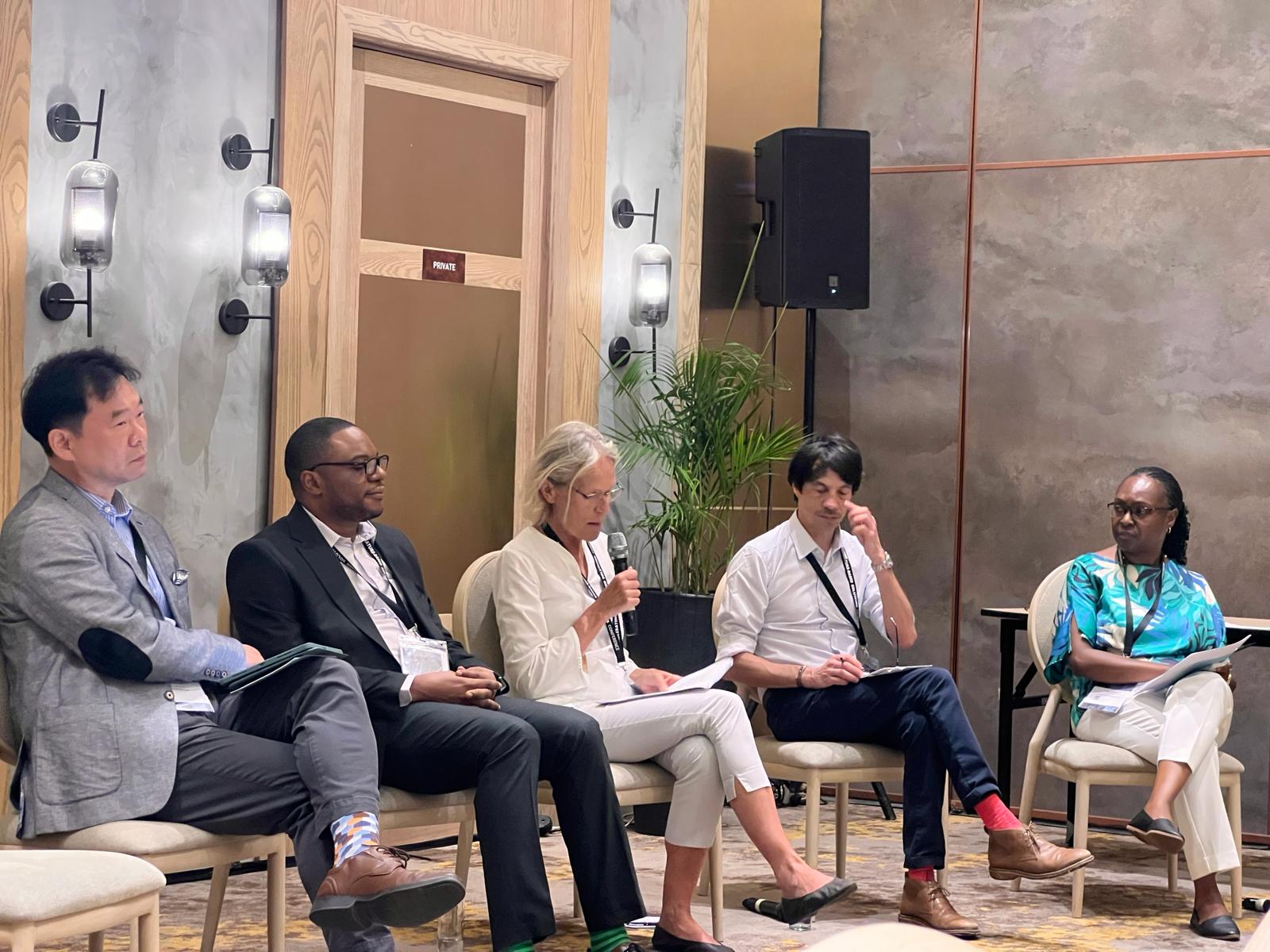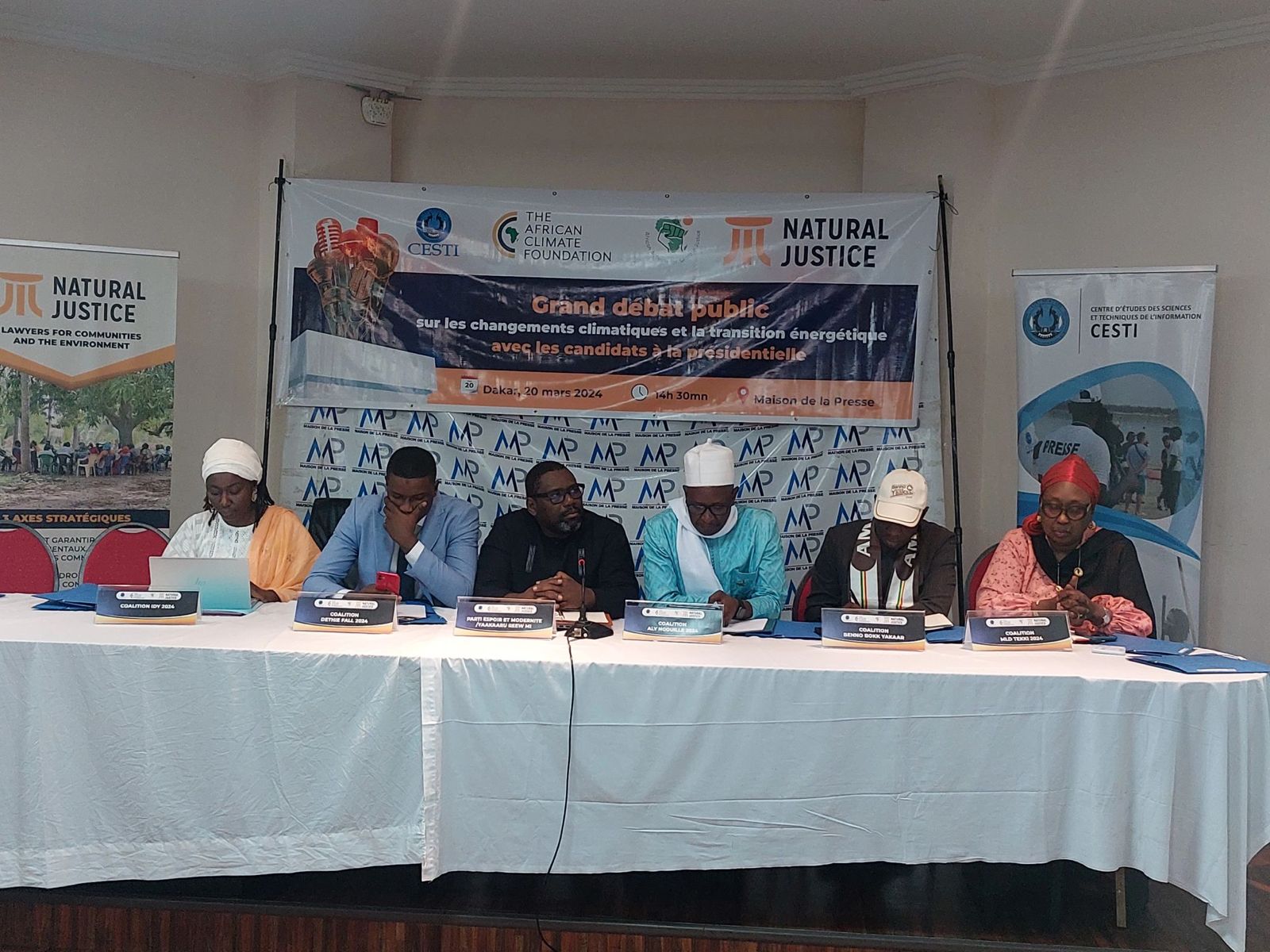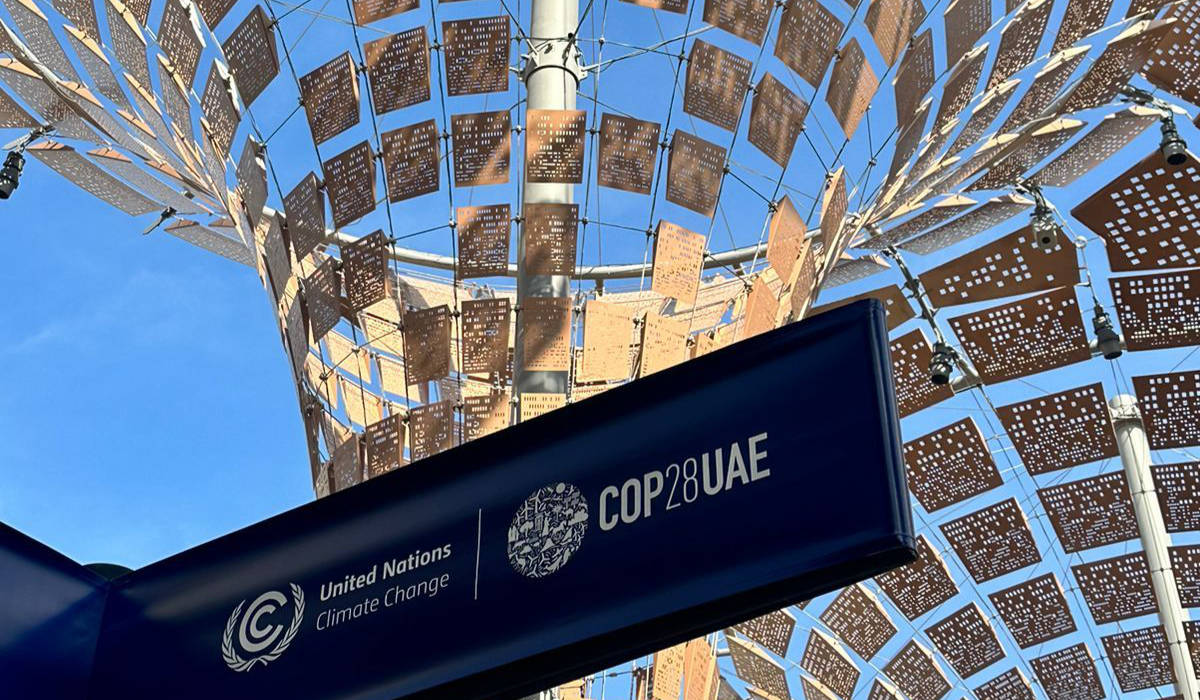South Africa’s ground-breaking Just Energy Transition Partnership (JETP) was the star of the show during COP26 climate change negotiations. Almost a year later, climate stakeholders from around the world gathered in Cape Town to reflect on the JETP journey and how the unique deal – which puts climate justice in a leading role – could be exported to other countries.
The African Climate Foundation hosted a Just Energy Transition Knowledge Exchange and Learning Sessions, in partnership with the Presidential Climate Commission and the Presidential Climate Finance Task Team, to discuss how the JETP’s structure would help South Africa transition into a new green economy.
The first of its kind deal was announced at COP26 in Glasgow where the UK, EU, USA, France and Germany committed to mobilise an initial $8.5 billion over the next three to five years to support South Africa’s green transition and decarbonisation.
Funds would be used to support projects in decarbonising, green hydrogen and South Africa’s transport sector. But critical in the green transition would be to also address the inequalities the country is grappling with. South African struggles with one of the most unequal societies in the world, with the gap between rich and poor creating social economic problems.
Model for other countries
The deal, with huge political backing, is being keenly observed with many other developing countries viewing the JETP-model, to secure much needed funding for their own green transition.
However, many were quick to point out that even though South Africa’s own JETP model served as an example of what could be done, each country had to structure its own JETP deal to its own needs and circumstances.
Senegalese, Indonesian, Indian and Vietnamese delegates heard that while they share many similarities with South Africa, such as coal dependence, each country has its own unique challenges that must be accommodated.
While the JETP deal was encapsulated in South Africa, exporting it to other countries must be a very country specific route.
Environmental justice
For South Africa, the justice in the JETP deal is key. Several delegates highlighted that the unique climate deal had to structurally address some of the inequalities in the country.
Some pointed out that implementing policies and measure that support environmental justice would be top of mind, while reaching the international goal of climate resilience.
The JETP was also labelled as a novel process to observe and learn, with many in Africa watching as the JETP unfolded.
“Never waste a good crisis”
It was acknowledged that the world was grappling with the biggest challenge of our time – climate change – but that this challenge translated into opportunities.
The transition that is needed to fight climate change, can be the same transition needed to make the necessary systemic changes South Africa needed to bridge the deep inequality in the country.
Though, it was pointed out that South Africa’s electricity crisis and the change desperately needed to fix it, resulted in an opportunity to drive home the transition. South Africa’s electricity grid needed to be fixed, and the fix should be green.
Common but differentiated goals
Common but differentiated goals were now more important than ever, the different sessions heard. The developed world needed to step up, meet their pledges including the shortfall in climate financing.
Representatives from the philanthropic and donor sector believed that with sufficient political will, suitable execution, and a sensible plan, funding will come.
Furthermore, it was mentioned that while countries were travelling in the same direction on the same climate road, they were travelling at different speeds.
In constructing successful transition paths, a determining factor would be how different countries own and shape their transition taking into consideration its own unique circumstances – attendees heard.
It was important not to penalise future generations, countries, or communities in the decarbonisation journey, several delegates argued. Children should not bear the burden of a just transition, where their parents’ economic activity still relied on working on the coal sector. The transition must create more inclusive model of growth, with no one left behind.
Breaking new ground
And this is where the JETP is crucial. The JETP is premised on tackling South Africa’s systemic problems. We are breaking new ground, and this requires levels of flexibility. The demanding work involves drawing up carbon budget for South Africa, and how it is allocated. This determines what the transition will look like moving forward, and how funds for the transition should be spent.
A current transition plan involves laying a renewable prone foundation up to 2030, with a huge take-off in solar and wind that will be added onto grid in the 2030’s.
This will be followed by a huge transport shift to electric vehicles in 2030. It’s currently predicted that the last combustible engine could be built in 2038. And in 2040 these cars would disappear in totality.
Workers and communities
While the JETP may be a strong pledge, many are hard at work to translate the pledged funds into a tangible manner favourable to the people of South Africa that would not impact negatively on its future generations.
The programme will have to see the reskilling and upskilling of workers in fossil fuel industries as climate change policies make their jobs obsolete, while economic clusters will have to be built to create new jobs that replace these lost jobs, delegates noted.
The Mpumalanga coal belt for example will be particularly hard hit by the coming transition. It was explained that the through the consulting of different communities, people felt deeply ambivalent about the coming transition. Communities are acutely conscious of the destructiveness of carbon intensive economy, but deeply anxious about the change is coming and that they might lose their jobs.
The JETP must provide the social change to help those unable to transfer by themselves, move ahead. The learning sessions heard it was critical to include these vulnerable communities from the get-go, and when consulting with communities and vulnerable workers, not just ensure that it is a “tick box” exercise. Communities had to be properly educated about the coming change, to be sufficiently empowered.



